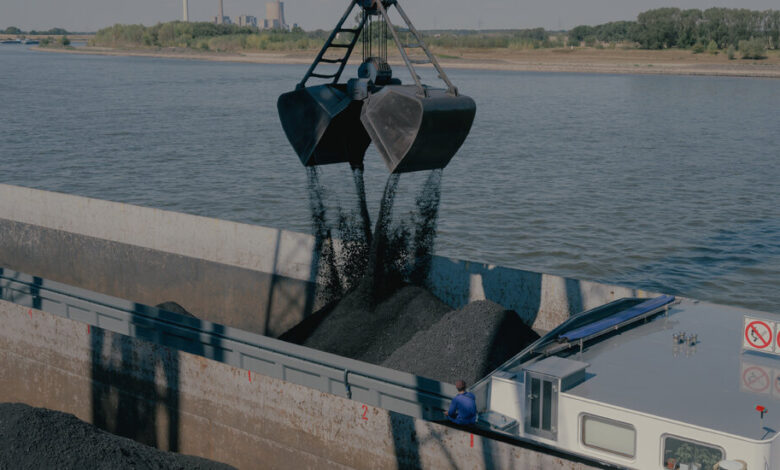Fearing energy shortages, Germany prioritizes fuel shipments on railways.

Germany’s national railways will prioritize transporting energy supplies as part of a slew of cabinet orders issued on Wednesday to help ease any energy shortages triggered by Russia’s invasion of Ukraine, the federal government said on Wednesday.
The orders include the first nationally mandated energy-saving measures in response to a looming energy crisis. Among them are required reductions in temperature inside public buildings and an overnight ban on illuminated advertisements and buildings.
The new measures are expected to reduce gas consumption by at least two percent, Germany’s energy and economy minister, Robert Habeck, said. “We still have a long way to go,” he said after the cabinet meeting on Wednesday at which the orders were issued.
Germany, Europe’s largest economy, is bracing for an energy crisis this winter. The country relies heavily on Russian gas for its industry and heating, and there are worries Moscow could turn off the gas taps when colder days arrive to punish the European Union for sanctions imposed over the invasion of Ukraine. Already, Russia has reduced gas flows to about 20 percent of capacity in the underwater pipeline to Germany.
The crisis was recently compounded by one of the worst droughts across Europe in hundreds of years. Some German waterways are so low that barges are unable to pass with full loads of coal to supply power plants.
Many coal plants that were shut down as part of Germany’s program to reduce the use of fossil fuels had to be restarted this year to pare down Germany’s reliance on Russian gas — and to save gas for heating in winter.
With river traffic hindered, the country must increasingly rely on railways, Volker Wissing, the transportation minister, said. “This is not an easy decision, because when in doubt it means that passenger trains will have to wait,” he said.
Train delays may worsen the general travel chaos that Germany, like many other countries, has been grappling with in recent months. Germany’s railways, like its airlines, have been hampered by staff shortages because of the coronavirus pandemic.
The order requiring railways to prioritize energy shipments does not need approval by the German parliament, but it is temporary, lasting only six months.
Many of the energy-saving measures issued on Wednesday are also six-month orders that do not require parliamentary approval.
Those measures include a requirement that public buildings be heated to no more than 66 degrees Fahrenheit — two degrees less than the previously recommended minimum temperature. Exemptions would be made for facilities such as hospitals and schools, the decree said.
Weeks earlier, German cities and states had begun to save energy by shutting down public fountains and turning off the lighting of public facades at night. Expanding on those measures, the cabinet ordered that all buildings and advertisements that are lighted at night for aesthetic reasons be turned off.
“Every contribution counts,” Mr. Habeck said.
